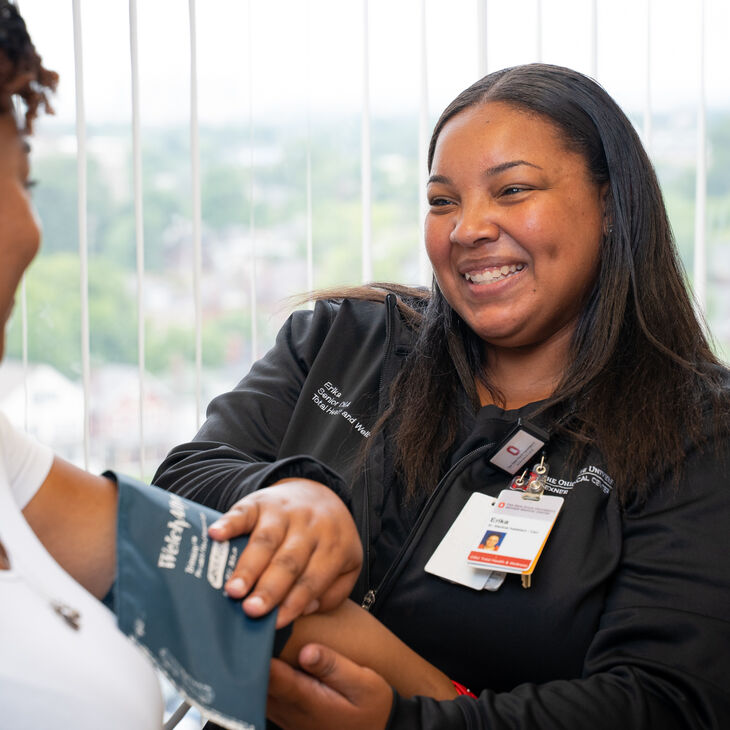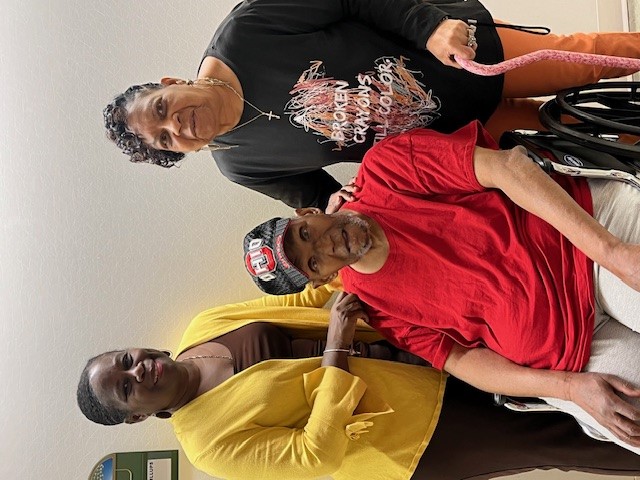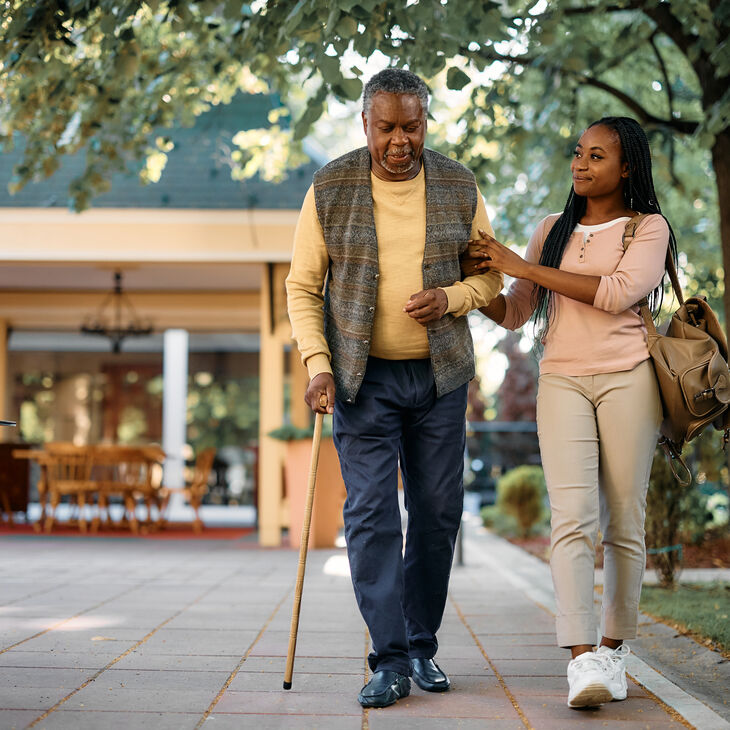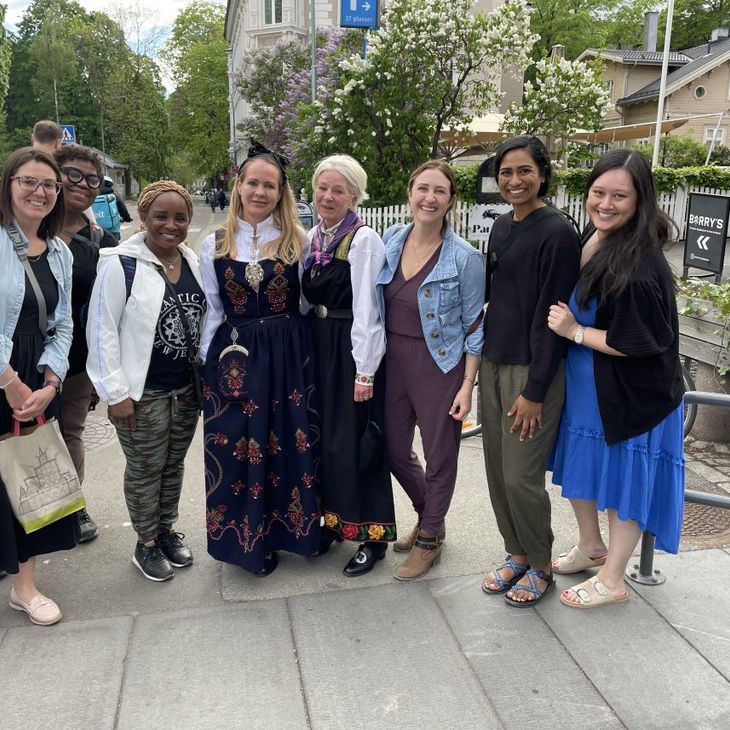by Dr. Ethan Morgan
Over the past decade, the percentage of U.S. adults identifying as LGBT+ has more than doubled, from 3.5% in 2012 to 7.2% in 2022 (according to Gallup). This rise is largely attributable to changes in societal norms and broader acceptability of differing identities, allowing younger generations to more freely identify as LGBT+. This phenomenon is readily apparent when examining generational differences; only 2.7% of Baby Boomers identify as LGBT+, while 11.2% and 19.7% of Millennials and Generation Z, respectively, identify as the same.
Despite this movement, health disparities persist in this population. Of particular concern is a unique set of risk factors which impact the mental and physical health of LGBT+ individuals, factors typically referred to broadly as minority stressors. Minority groups specifically face these stressors (e.g., microaggressions, internalized stigma), multilevel factors which describe cultural and societal differences that translate into multifaceted biopsychosocial changes affecting health. For example, people who identify as LGBT+, relative to their cisgender heterosexual counterparts, experience higher rates of HIV and other sexually transmitted infections (STIs), elevated rates of substance use and broadly worse health outcomes.
HIV is perhaps the most well-known of these disparities in health among LGBT+ individuals. Nearly 39 million people around the world are living with HIV today, the majority of whom are women, particularly those living in Africa (WHO). Comparatively, in the U.S., approximately 1.2 million people are living with HIV, the majority of whom are gay, bisexual and other men who have sex with men (HIV.gov). My own research has focused on this latter population, and more recently on older LGBT+ adults at risk of acquiring HIV, as well as those aging with HIV. This work is particularly important as adults 45 and over continue to account for about 23% of new HIV diagnoses as of 2021. Meanwhile, advances in antiretroviral therapy are helping extend the life expectancy among those living with HIV to be comparable to their peers living without HIV.
Even so, researchers remain focused on preventing new HIV diagnoses through a national focus on Ending the HIV Epidemic (EHE) by 2030, with the goal of reducing new HIV diagnoses by 90% by 2030. We conducted a study called the Columbus Healthy Aging Project (CHAP) to contribute to this effort. One of our key findings from the survey among adults aged 50+ in the Columbus area is that only 11.7% of our sample reported use of pre-exposure prophylaxis – an HIV prevention medication that reduces risk of acquiring HIV up to 99% – a much lower rate than is typically seen among younger adult populations. More research is clearly needed among older adults to educate them on the risk of acquiring HIV and other STIs in order to meet EHE goals.
Beyond working to reduce new HIV diagnoses, my work has expanded in the College of Nursing to examine broader health outcomes among LGBT+ older adults. Again, from our CHAP study, we’ve noted that sexual orientation-related discrimination is associated with depression and anxiety. We’ve also noted that bisexual older adults, compared to heterosexual older adults, were more likely to experience strain related to caregiving for another individual.
This work has brought broad health issues among LGBT+ individuals to the forefront of my mind, and there are many brilliant researchers at The Ohio State University delving into similar areas of health. In order to highlight this work, I started the Sexual and Gender Minority Research Collaborative earlier this academic year. Even beyond research, we are focused on engaging with the community (e.g., LGBT+ needs assessment) and mentoring the next generation of researchers. I am grateful for the partnership across our campus among researchers including Dr. Christina Dyar (College of Nursing), Dr. Joanne Patterson (College of Public Health), Dr. JaNelle Ricks (College of Public Health), Dr. Rin Reczek (Department of Sociology), Dr. Allen Mallory (College of Education and Human Ecology), Dr. Lauren McInroy (College of Social Work), Dr. Liz Arthur (College of Nursing) and Dr. Wilson Figueroa (College of Public Health). We would love to broaden this support system outside of Ohio State, as well, to build this community of scientists and advocates who want to change healthcare for the better for this population.
All of this research on and engagement with the LGBT+ community will only become more important as more of the U.S. adult population identifies as LGBT+. Keeping a focus on this population will serve to reduce risk of a variety of mental and physical health disparities among LGBT+ individuals.
Ethan Morgan, PhD, is an assistant professor of epidemiology at The Ohio State University College of Nursing. Morgan founded the Sexual and Gender Minority Research Collaborative in August 2023.





